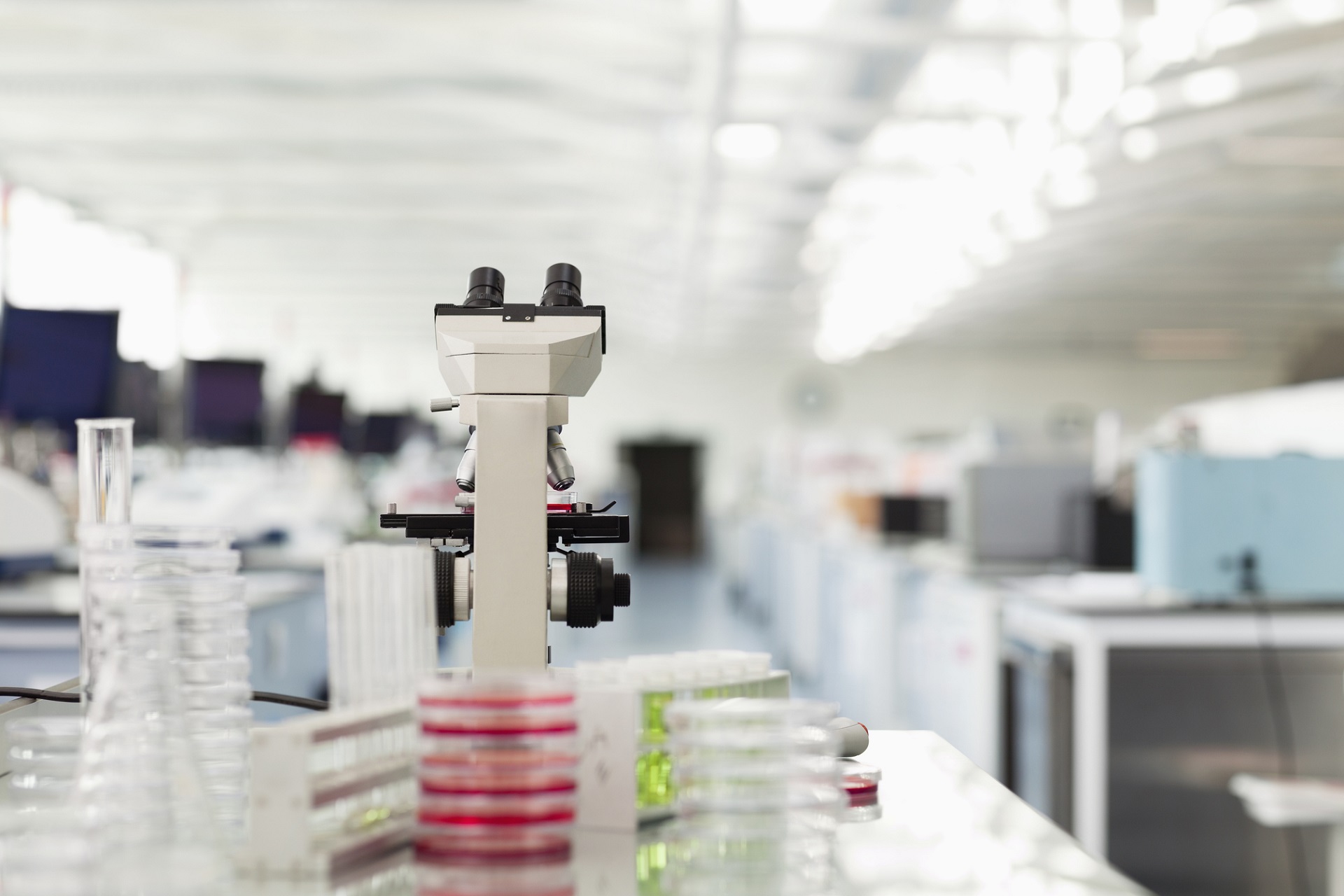What is a DNA-verified probiotic and why is it important? A probiotic that has been DNA-verified means that the bacteria’s identity has been confirmed at the genetic level to ensure they are accurately disclosed on the product label. Here’s why that matters: A 2016 study that appeared in the journal Nature found that 94 percent of all commercial probiotic capsules that were tested at the University of California, Davis, contained completely different strains bacteria compared to the strains stated on the label.1 DNA verification is the only way to accurately determine what’s really in the probiotic you buy.
Now that we know a little more about the importance of DNA verification, let’s spend some time talking about probiotic bacterial strains.
Human Strains vs. Other Strains
When it comes to choosing a probiotic, people are beginning to look more closely at where the bacteria in their supplement come from. While some beneficial bacterial strains comes from plants or dairy, other strains may come from humans. Not to worry! Despite the name, human strain probiotics don’t actually contain human byproducts or ingredients. They are simply strains of beneficial bacteria that have been found to live in the human digestive tract. This means that they are already adapted to thrive in the human gut. And that means that human strains can make a probiotic supplement more effective.
Know Your Species
There are many different kinds of probiotic bacteria and each has a unique function within the body. Becoming familiar with what these different strains do can help you choose a probiotic supplement that will be most helpful for your individual health needs.
Bifidobacterium bifidum: This specific strain can help reduce allergy symptoms like itchy skin, sinus congestion, headaches, and even diarrhea. It does this by discouraging the production of histamine, a chemical that is released in the body to trigger allergic reactions during times of stress or allergy.2
Bifidobacterium longum: This strain may help improve the immune response and prevent gut disorders. Research suggests it may also suppress allergies and improve skin health.3
Bifidobacterium infantis: Studies show that this strain may improve IBS symptoms and help eliminate E. coli in the gut.4
Lactobacillus gasseri: This strain produces vitamin K, lactase, and anti-microbial substances. It may also help people with lactose intolerance to digest dairy foods. L. gasseri also helps to prevent indigestion, diarrhea, and yeast infections.5
Lactobacillus rhamnosus: Evidence suggests that this strain boosts cellular immunity. It also helps reduce IBS symptoms and may prevent recurrent bacterial vaginosis.6
Has Your Probiotic Been Clinically Researched?
One of the hallmarks of a great probiotic supplement is that the ingredients have been clinically researched. More importantly, that the specific strains have been clinically researched when combined. Many probiotics on the market may claim to be “clinically studied,” but often they are referring to clinical studies that have been carried out for each of the species separately. The best-case scenario occurs when the supplement’s species and strains are researched together. For example, let’s say your probiotic contains the following three species: Lactobacillus gasseri, Bifidobacterium bifidum, and Bifidobacterium longum. A clinical study reflecting the benefits of this blend of bacteria (not just each strain as a standalone bacteria) can provide proof that they work well together. This type of study also shows which gut health benefits you can look forward to enjoying.
Finding the right probiotic for your needs means digging deeper into the specific species and strains in a supplement to see if they provide the benefits you are looking for. Choose a probiotic that contains DNA verified species that are both diverse and are compatible together. This can provide beneficial support for good gut health and also the peace of mind knowing that the strains listed on the label are indeed the strains that you are receiving.
References
- Lewis Z. Validating bifodobacterial species and supspecies identity in commercial probiotic products. Journal of Pediatric Research. 2016; 79(3): 445-452.
- Ku S, Park M, Ji G, et al. Review on Bifidobacterium Bifidum BGN4: Functionality and Nutraceutical Applications as a Probiotic Microorganism. International Journal of Molecular Sciences. 2016; 17(9): 1544.
- Brenner W, Chey, D, et al. Bifidobacterium Infantis 35624: a Novel Probiotic for the Treatment of Irritable Bowel Syndrome. S. National Library of Medicine. 2009.
- Groeger, D. Bifidobacterium Infantis 35624 Modulates Host Inflammatory Processes Beyond the Gut. Taylor & Francis. 2013.
- Selle K, Todd R. Genomic and Phenotypic Evidence for Probiotic Influences of Lactobacillus Gasseri on Human Health. Oxford University Press. 2013.
- Segers M, Lebeer, S. Towards a Better Understanding of Lactobacillus Rhamnosus GG–Host Interactions. BioMed Central. 2014.
This article is for informational purposes only. This article is not, nor is it intended to be, a substitute for professional medical advice, diagnosis, or treatment and should never be relied upon for specific medical advice.

Share this Post